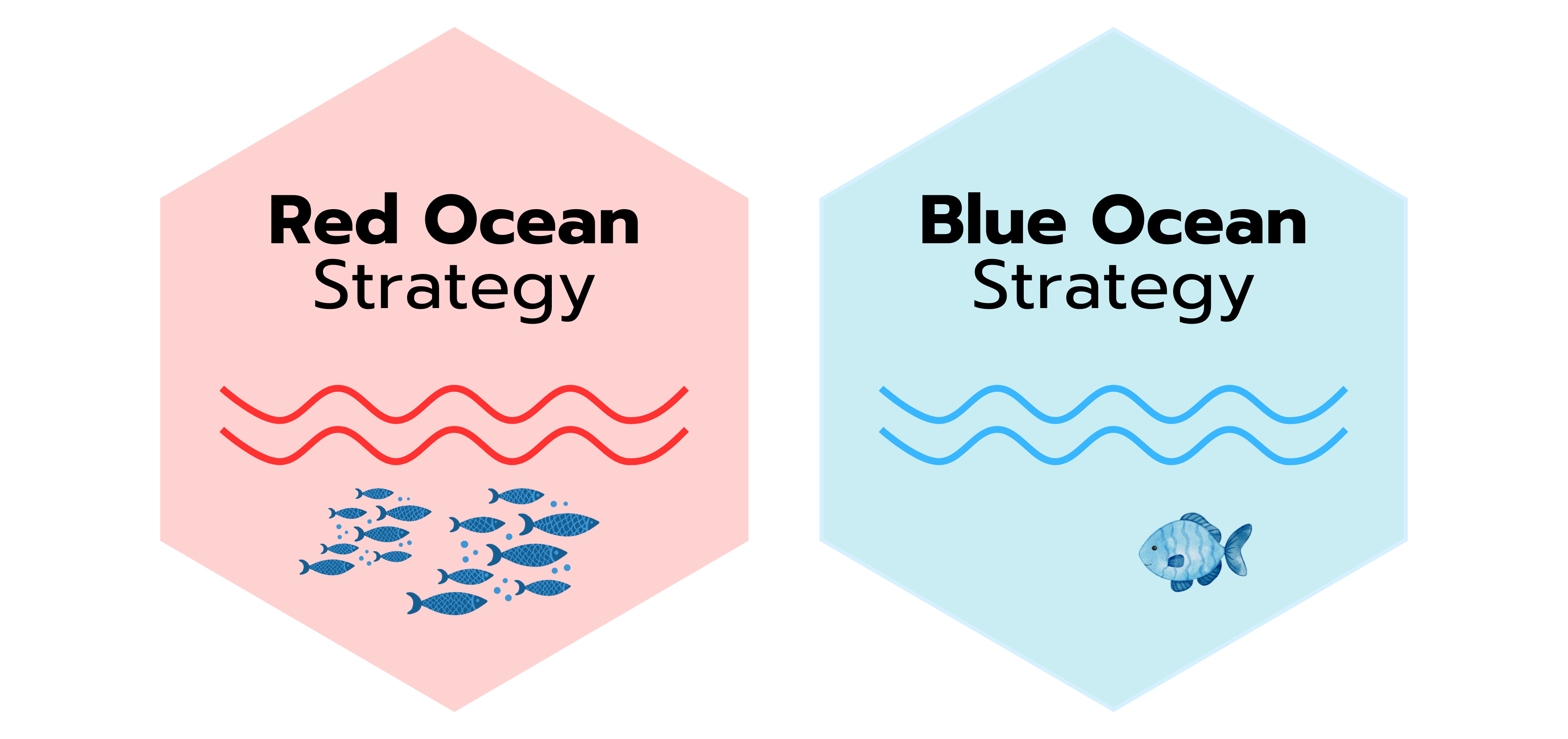The term Servant Leadership may sound unusual at first. Typically, when we think of leaders, we imagine individuals who give orders and set the direction. However, this approach flips that notion upside down: a leader is not someone who dictates what needs to be done, but rather someone who asks how they can best support their team to ensure its success. What Does Servant Leadership Mean?Servant Leadership is about focusing on empowering the team, removing obstacles, and providing the necessary support. A servant leader ensures that employees have the right tools, feel valued, and have opportunities for both personal and professional growth. The goal? To create an environment where employees can perform at their best. When the team thrives, so does the company: engaged, motivated, and satisfied employees are more creative, productive, and deliver better results. 😊 The Origins of the ConceptThe term Servant Leadership was coined by Robert K. Greenleaf in his 1970 essay The Servant as Leader. Greenleaf spent many years working at AT&T, where he had the opportunity to observe numerous leaders. He noticed that the most successful and inspiring leaders were those who genuinely served their employees rather than simply giving orders. Servant Leadership vs. Other Leadership StylesServant Leadership is often compared to two other leadership styles: authoritarian leadership and transformational leadership.Authoritarian Leadership: In this style, leaders give direct orders, and employees are expected to follow them. Decisions are made hierarchically, with little room for creativity or employee involvement.Transformational Leadership: Here, the leader acts as an inspirational figure who pursues a vision and motivates the team to achieve it. However, the primary focus is on fulfilling the leader’s vision. In contrast, Servant Leadership prioritizes the well-being and growth of employees—under the belief that this, in turn, benefits the company. The 10 Characteristics of a Servant LeaderLarry C. Spears, a leading expert on Servant Leadership, identified ten key characteristics of this leadership style:Listening: Servant leaders actively listen to understand employees' needs and concerns.Empathy: They show genuine compassion and try to see things from their employees' perspectives.Healing: A servant leader creates a supportive environment where employees feel comfortable discussing challenges.Self-awareness: They reflect on their own behavior and understand how it impacts others.Persuasion: Instead of leading through authority, servant leaders influence through dialogue and consensus.Foresight: They anticipate future developments and make decisions accordingly.Stewardship: They take responsibility for the company and its long-term success.Commitment to Employee Growth: Servant leaders foster both personal and professional development.Building Community: They promote teamwork and create a sense of belonging.Community Awareness: A servant leader considers the impact of decisions on society as a whole.These characteristics help cultivate a work environment where employees can reach their full potential. However, not every leader needs to master all ten traits, what matters most is a balanced and situationally appropriate leadership approach. How Servant Leadership Can Improve Business PerformanceImplementing Servant Leadership can positively transform workplace culture and enhance performance. Here are some practical steps to introduce this leadership style:Raising Awareness: Leaders should familiarize themselves with the concept through workshops or coaching.Leading by Example: Leaders must embody the principles of Servant Leadership, such as active listening and employee empowerment.Collecting Employee Feedback: A continuous feedback system helps understand employees' needs and address them effectively.Encouraging Growth: Providing ongoing training and mentoring supports employee development.✨ The benefits of this leadership style are extensive: it increases employee satisfaction, strengthens team cohesion, and fosters innovation. Employees feel valued and motivated, which boosts productivity and creativity. Challenges in Implementing Servant LeadershipOf course, there are challenges to consider:Time Investment: The cultural shift towards Servant Leadership requires patience and long-term commitment.Misinterpretations: Some may perceive this approach as a sign of weakness or lack of authority.Finding the Right Balance: In high-pressure situations, it can be challenging to balance serving employees with making quick decisions when necessary. When is Servant Leadership a Good Fit?Servant Leadership is particularly beneficial when:A company seeks cultural change, such as fostering more collaboration and innovation.Employee engagement and satisfaction need improvement.Teamwork and cohesion should be strengthened.By prioritizing the well-being and growth of employees, Servant Leadership creates a workplace where people feel empowered to contribute their best - leading to long-term success for both individuals and the organization.
